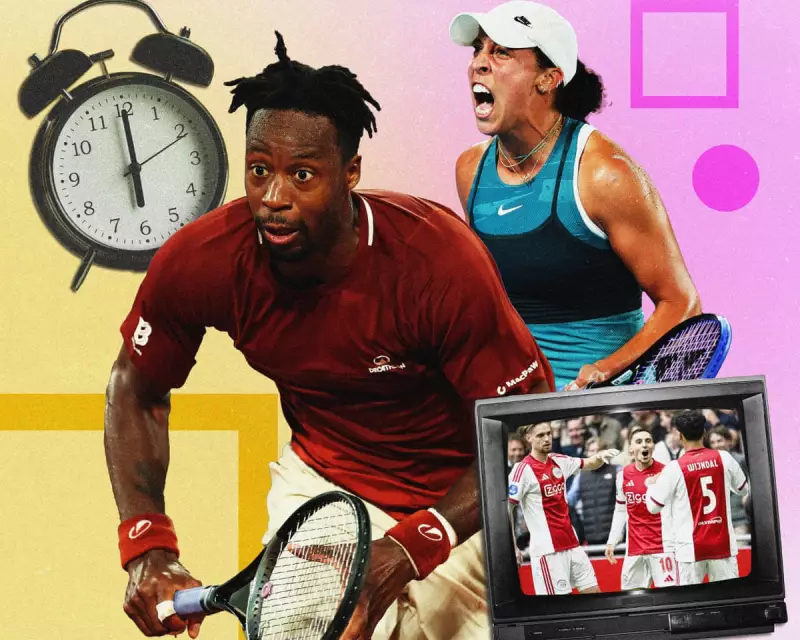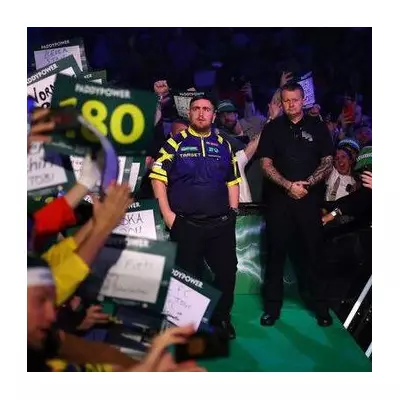
While millions watch tennis stars battle on centre court, another high-stakes game unfolds in the shadows - where anti-doping officers become detectives in a real-life surveillance operation that would make any spy thriller proud.
The Unseen Match Within the Match
When doping control officers arrive unannounced, they're not just collecting samples - they're launching a sophisticated monitoring operation. As revealed in a recent ITIA investigation, officers once spent an entire 90 minutes watching an Ajax football match, but this was no casual viewing session.
Every moment served a purpose: monitoring the target athlete's behaviour, documenting their movements, and building a timeline that could prove crucial in any disciplinary proceedings.
The Psychological Chess Game
Anti-doping work is as much about psychology as procedure. Officers are trained to read body language, detect evasion tactics, and manage the delicate power dynamics that emerge when they notify an athlete.
"There's an immediate shift," explains one experienced officer. "Some athletes become overly cooperative, others hostile. We're watching for anything unusual in their reaction."
Beyond the Sample Jar
Modern anti-doping has evolved far beyond urine and blood tests. The process includes:
- Detailed whereabouts monitoring between competitions
- Real-time surveillance of athlete movements
- Behavioural analysis during notification
- Forensic documentation of every interaction
This comprehensive approach creates multiple layers of protection against doping, making it increasingly difficult for athletes to cheat the system.
The Human Element
Despite the high-tech surveillance and strict protocols, doping control officers often work in challenging conditions. From navigating language barriers to dealing with hostile coaching teams, their job requires diplomatic skill alongside technical expertise.
The ultimate goal? Preserving fair competition while maintaining respect for athletes who compete clean. As one officer notes, "We're not the enemy of sport - we're here to protect the majority who play by the rules."




